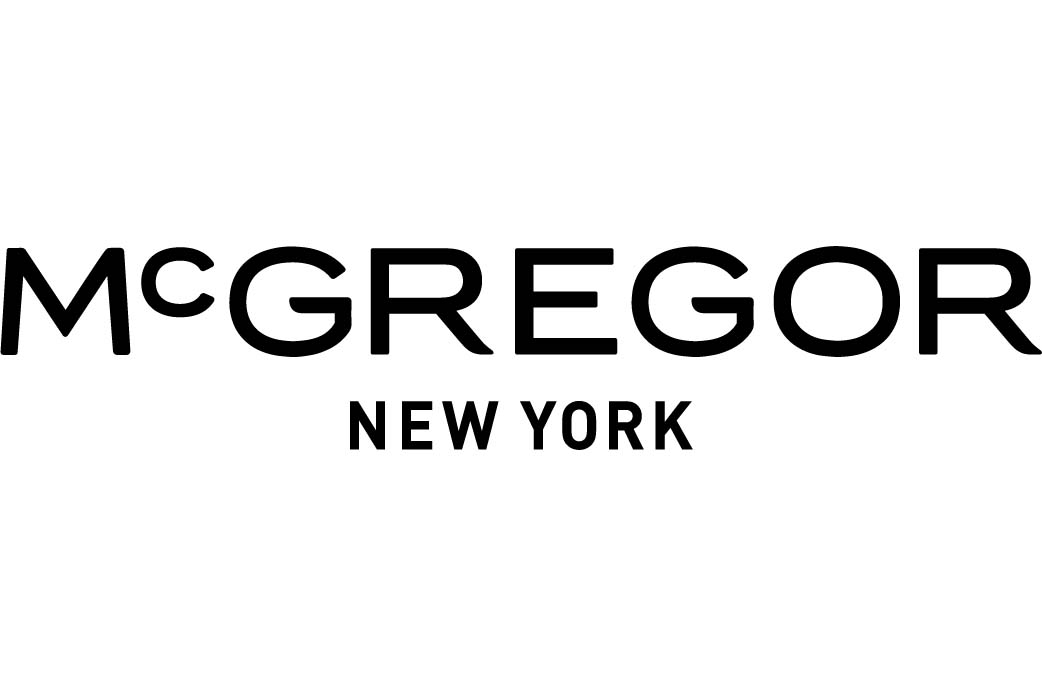The retail industry contributes to around 25% of global emissions, with a significant portion originating from various stages within the retail value chain. Decreasing the carbon footprint of retailers and their supply chains is crucial for achieving global climate goals. Moreover, for retailers, effectively managing carbon emissions offers benefits beyond sustainability. It ensures compliance with present and forthcoming regulations, reduces waste, and enhances operational efficiency.
As transport congestion worsens, delivery preferences get tighter, the workforce gets scarcer and environmental concerns heighten, the retail sector requires planning assistance and optimization to address the myriad of challenges in planning. Leveraging accessible data, restriction details, and real-time disruption updates, intelligent technology can aid in making informed planning choices.
Stay competitive, alleviate day-to-day planning pressure, and maximize the potential of your growth strategy through our comprehensive solutions and services.
Challenges in Retail
For retailers, the value chain is responsible for nearly 98% of total emissions. To achieve significant reductions, retailers must decarbonize their value chains, necessitating precise and comprehensive emissions assessments to establish a solid foundation for this endeavor.
Nevertheless, numerous retailers encounter difficulties in quantifying emissions across their intricate, global value chains. These emissions, falling under the Greenhouse Gas Protocol’s scope 3, stem from upstream and downstream business operations like procurement, transportation and distribution, and end-of-life processing.
To effectively report and mitigate emissions, businesses must compute emissions from both upstream and downstream sources. Procurement poses notable challenges in calculating upstream emissions for retailers due to their diverse product portfolios, multitude of suppliers, varied materials, and global operational footprint. Collecting the requisite data for emissions calculation can thus prove challenging.
As an initial step, retailers can concentrate on managing their own controllable emissions. Since the majority of retailers do not manufacture the products they sell, emissions linked to production and the product lifecycle can only be influenced through policies, contracts, and procedures. However, transportation-related emissions—stemming from both vehicles owned or controlled by the retailer and those from third-party transportation services utilized in the supply chain—can be directly managed when the retailer assumes responsibility for the transportation of all products. Accurately measuring and managing transportation-related emissions are pivotal to comprehend the environmental impact of business operations and to formulate strategies to diminish carbon footprints.
In today’s landscape, sustainability often features as a standalone objective driven by both customer demand for greener products and environmental regulations mandating eco-friendly practices. Reductions in transportation-related emissions frequently align seamlessly with objectives such as lowering fuel costs or adopting more efficient transport methods (albeit potentially with longer lead times).
Retailers are also confronted with a range of additional challenges, including:
- Supply Chain Disruptions: Retailers often depend on complex global supply chains. Disruptions, such as natural disasters, geopolitical issues, or pandemics, can lead to inventory shortages and delivery delays. Effective alternatives can reduce both costs, as well as CO2 emissions while improving overall customer satisfaction.
- E-commerce Competition: The rise of online shopping intensifies competition, necessitating adaptation to e-commerce landscapes and attracting online customers. At the same time, the retailer has to keep in mind to have effective transportation strategies for eCommerce such as last mile deliveries, without compromising customer satisfaction.
- Rising Operational Costs: Operating costs, including rent, labor, and utilities, are on the rise. Finding ways to manage and optimize these costs without compromising quality or service is a constant challenge.
- Inventory Management: Balancing inventory levels to meet demand without overstocking or understocking is a delicate task. Effective inventory management is essential to avoid financial losses.
- Workforce Retention and Skills Development: The need for a skilled workforce is increasing as manufacturing processes become more advanced, highlighting the importance of bridging the skills gap through training and education. At the same time, it is important that companies are able to retain their talented staff, so policies to improve retention have a high impact on the ability to produce.
To effectively address these hurdles, it’s essential to embrace a proactive and strategic methodology, integrating technology adoption, workforce enhancement, sustainability endeavors, and a resilient risk management framework. Ab Ovo is here to assist you in overcoming your supply chain and operational obstacles. Through the implementation of eco-friendly solutions like the DELMIA Quintiq Platform and the Eco Logic Platform, we’ll guide you towards informed decision-making, balancing your goals for sustainability, efficiency and customer satisfaction, ensuring sustainable outcomes.
Retail Solutions Made for You
We empower you to streamline your retail supply chain in today’s ever-changing environment. Our solutions equip you with the ability to navigate internal and external relationships professionally, translating market ambitions into logistical needs to achieve 100% fulfillment. With our dynamic network control and shop distribution solutions implemented, your supply chain stands poised to advance your market objectives.
Our tailored solutions address unique supply chain demands that standard route optimization tools may overlook. For instance, we optimize numerous distribution routes and vehicle types concurrently, leading to enhanced delivery quality, reduced carbon emissions and significant cost savings.
-
Transportation planning (inbound and outbound)
-
Cross-dock activity planning
-
Distribution or last mile delivery planning
- Load planning
- Workforce planning
- Warehouse Planning
- Inventory Planning
- S&OP Planning
- Operational ERP
Our Solutions – Your Benefits
At the outset of every project, we establish a strategy focused on delivering value to our customers. In the retail sector, this strategy encompasses:
- Reducing carbon emissions: By strategically selecting and designing transportation routes utilizing a mix of electric and traditional resources, we achieve a reduction in CO2 emissions.
- Maximizing efficiency: Through optimized scheduling, we increase resource utilization, minimize downtime, and boost productivity, thereby driving cost efficiencies.
- Reducing expenses: Through supply chain optimization, we enhance efficiency and drive overall cost reduction.
- Improving the eCommerce channel: By refining segmentation and segregation, we streamline delivery processes to reach end consumers more efficiently.
- Enhancing customer value: We explore opportunities to add value to customers, such as offering additional services like pick-up points and return services.
- Minimizing inventories: By effectively managing inventory levels, we control stock and minimize holding expenses.
- Ensuring product availability: By enabling inventory management from any location, we guarantee virtual shelf availability.
- Optimizing supplier management: We oversee Logistic Service Providers and Parcel Carriers to ensure fulfillment at controlled costs.




